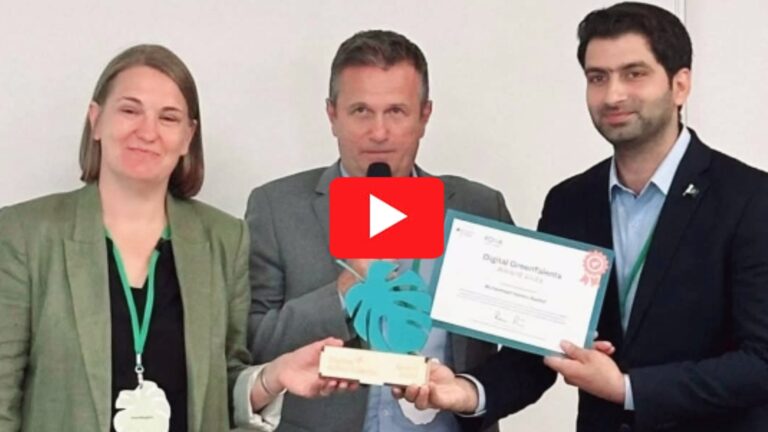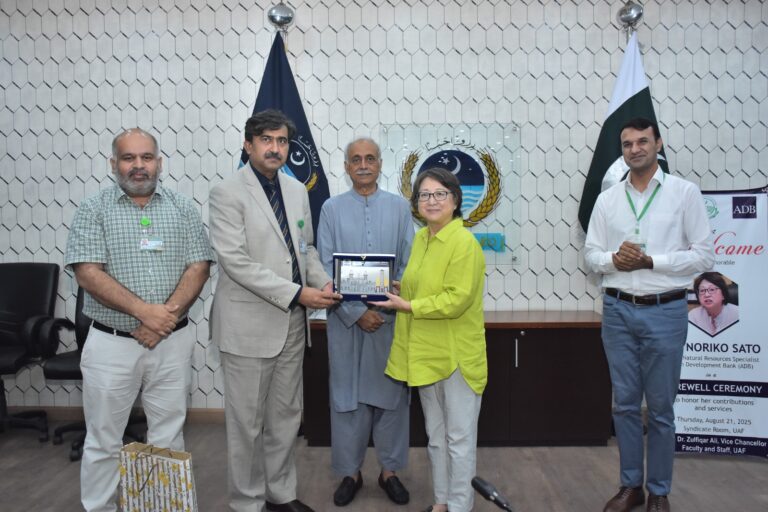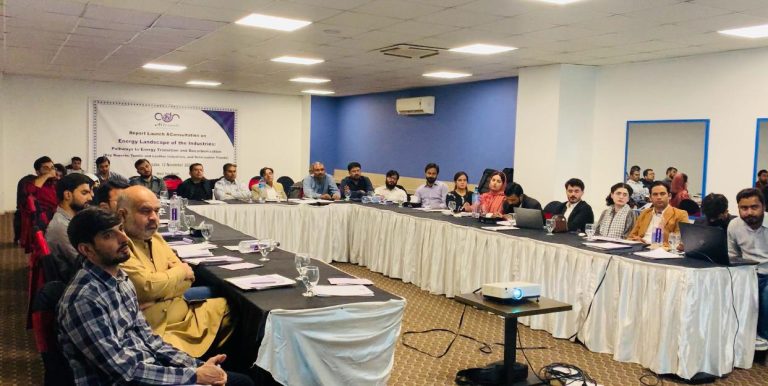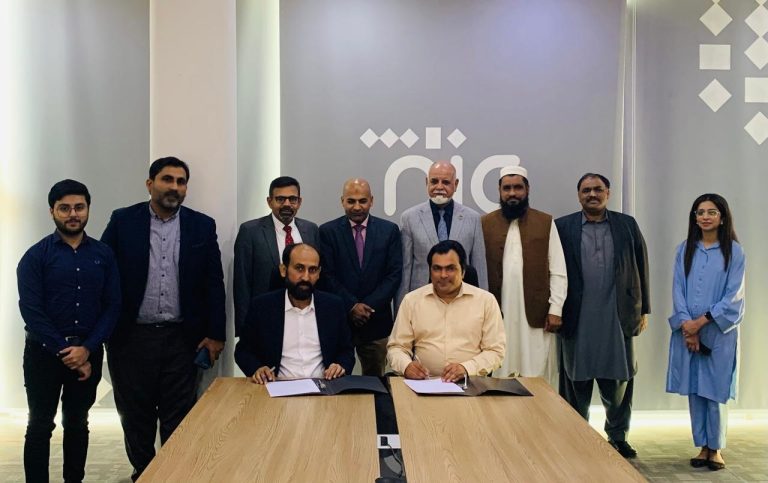UAF, University of Florida Partner to Promote Climate-Smart Agriculture and Strengthen Global Food Security
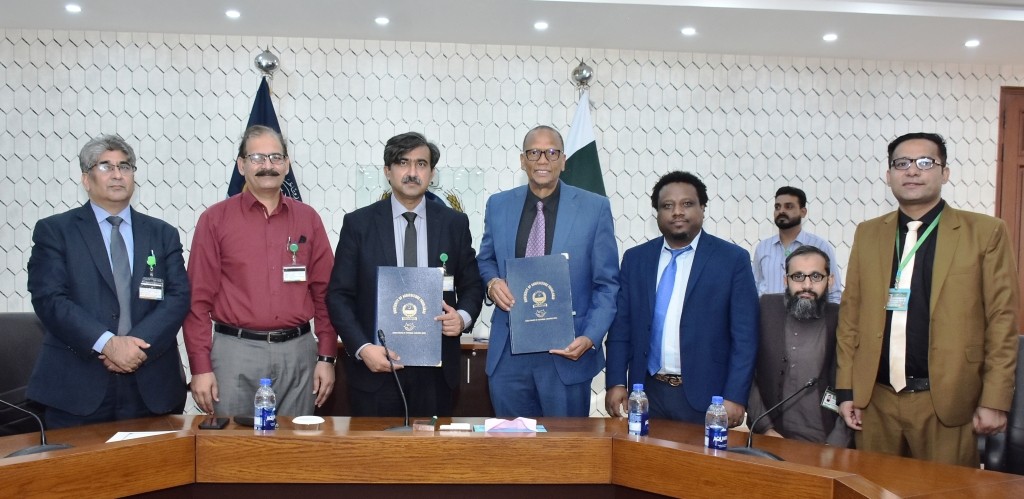
FAISALABAD: The University of Florida, USA, and the University of Agriculture Faisalabad (UAF) have signed a Memorandum of Understanding (MoU) to enhance collaboration in research and education aimed at developing climate-smart agricultural practices and improving food security.
The MoU was signed by Director Tropical Research and Education Center, University of Florida, Prof. Dr. Edward A. Evans, and UAF Vice Chancellor Prof. Dr. Zulfiqar Ali. The signing took place during an international seminar on “Smart Farming,” organized by the Department of Irrigation and Drainage, Faculty of Agricultural Engineering and Technology, UAF.
Speaking on the occasion, Dr. Edward A. Evans said that both institutions are uniquely positioned to shape the future of agriculture through innovation and technology. He emphasized that smart farming systems are not merely tools but essential pathways toward climate-resilient, resource-efficient, and sustainable agriculture. He added that collaboration between academic and research institutions is vital to addressing global challenges such as water scarcity, declining soil fertility, and the growing impacts of climate change.
UAF Vice Chancellor Prof. Dr. Zulfiqar Ali said that joint research initiatives between national and international institutions are critical for ensuring long-term food security. He termed the agreement with the University of Florida a milestone, enabling both countries to benefit from shared knowledge and technological advancement in agriculture. He said that adopting precision and smart farming techniques can significantly reduce production costs, optimize resource use, and mitigate the effects of climate change.
Dean Faculty of Agricultural Engineering Prof. Dr. Anjum Munir said that integrating data analytics, artificial intelligence (AI), and the Internet of Things (IoT) into agriculture can help farmers make informed decisions, conserve resources, and increase productivity. Dr. Haimanote Bayabil from the University of Florida highlighted recent advances in precision water management and the use of AI for soil and hydrological monitoring.
Prof. Dr. Adnan Shahid added that digital innovations are crucial in promoting sustainable farming practices and reducing environmental pressures in the wake of climate change. Other speakers, including Dr. Muhammad Zaman, Dr. Saddam, and Director External Liaison Dr. Muhammad Tahseen Azhar, also stressed that smart farming technologies can play a pivotal role in building resilience and achieving global food security. Scientists from China also joined the session online.

